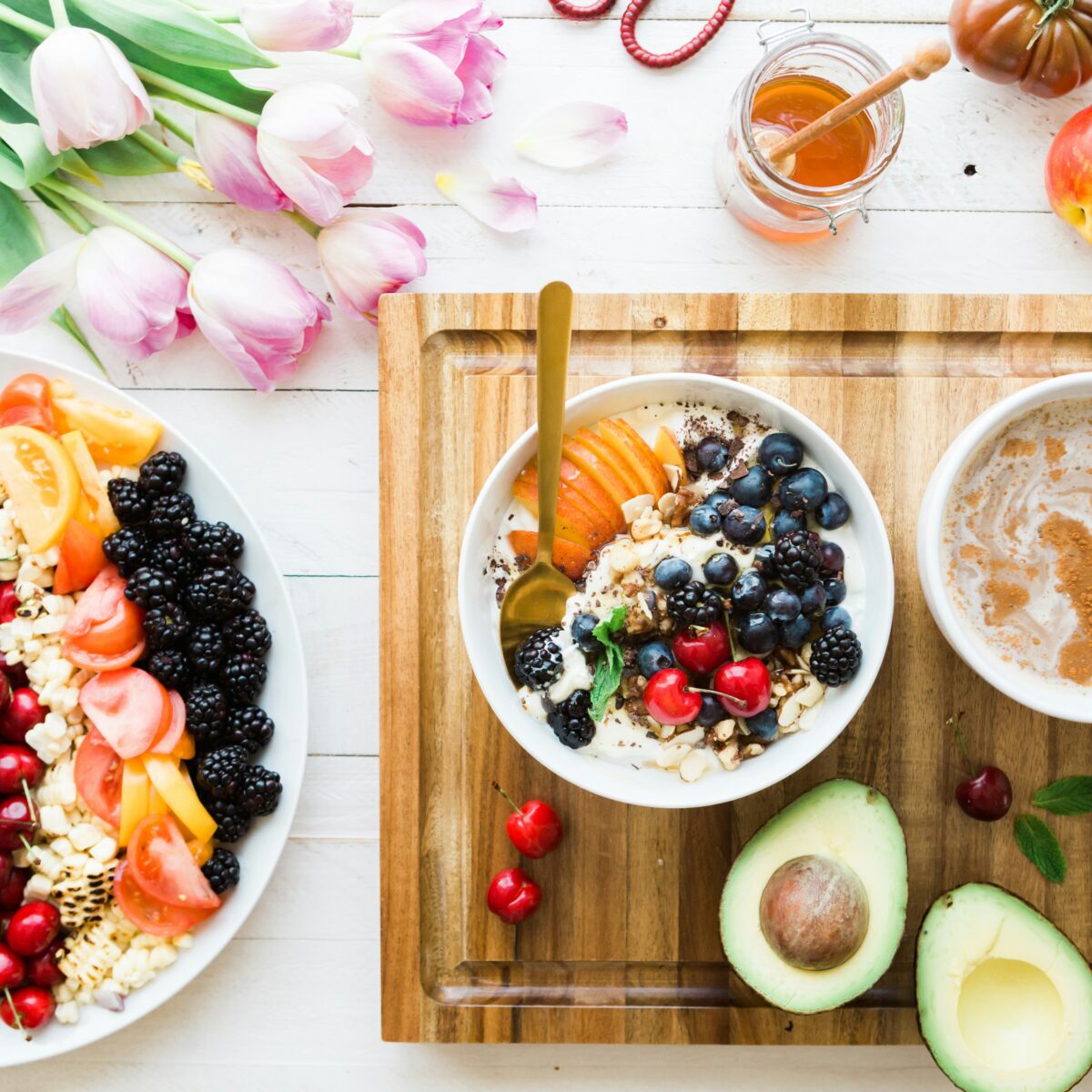Are you ready to embark on a journey towards a healthier, more balanced lifestyle? Dive into the world of healthy eating with us as we explore tips and tricks for nourishing your body and mind. From understanding macronutrients to mindful eating practices, we’ve got you covered. Let’s get started on this delicious adventure together!
The Importance of a Balanced and Nourishing Diet
A balanced and nourishing diet is the cornerstone of a healthy lifestyle. It provides our bodies with the essential nutrients needed to function optimally and thrive. By incorporating a variety of foods from different food groups, we can ensure that we are getting all the vitamins, minerals, and antioxidants necessary for overall well-being.
Not only does a balanced diet support physical health, but it also plays a crucial role in mental clarity and emotional balance. Eating nutrient-dense foods can boost energy levels, improve mood, and enhance cognitive function. It’s like fueling both body and mind for peak performance.
Moreover, maintaining a balanced diet can help prevent chronic diseases such as heart disease, diabetes, obesity, and certain types of cancer. By making mindful choices about what we eat on a daily basis, we are investing in our long-term health and longevity. Let’s nourish ourselves from the inside out!
Understanding Macronutrients: Carbohydrates, Proteins, and Fats
Let’s talk about the building blocks of a healthy diet: macronutrients. Carbs, proteins, and fats play essential roles in keeping our bodies nourished and energized throughout the day.
Carbohydrates are your body’s main source of energy. They can be found in foods like whole grains, fruits, and vegetables. Opt for complex carbs that provide sustained energy rather than quick spikes.
Proteins are crucial for muscle repair and growth. Include lean sources like chicken, fish, tofu, or legumes in your meals to support your active lifestyle.
Fats often get a bad rap but they’re important for brain function and hormone production. Focus on healthy fats from avocados, nuts, seeds, and olive oil to keep your body running smoothly.
By understanding these macronutrients and incorporating them into your meals mindfully, you can fuel your body properly for optimal health and vitality.
Meal Planning and Prep Tips for Busy Schedules
Meal planning and preparation can be a game-changer for those with hectic schedules. Start by setting aside some time each week to plan your meals ahead. Look for simple recipes that can easily be prepared in batches, saving you time during the week.
Make a grocery list based on your meal plan to avoid unnecessary trips to the store. Pick versatile ingredients that can be used in multiple dishes to minimize waste and make cooking more efficient.
Invest in quality storage containers to keep your prepped meals fresh and organized. Consider preparing ingredients in advance, such as chopping vegetables or marinating proteins, to speed up the cooking process on busy days.
Don’t forget about snacks! Have healthy options like nuts, fruits, or yogurt readily available for when hunger strikes between meals. With some strategic planning and prep work, you can stay on track with your nutrition goals even when life gets hectic.
Mindful Eating Practices for a Better Relationship with Food
Mindful eating is all about being present and fully engaged with the act of eating. It involves paying attention to your senses, savoring each bite, and appreciating the flavors and textures of your food.
One way to practice mindful eating is to eat slowly and chew your food thoroughly. This allows you to truly taste and enjoy what you’re eating, while also giving your body time to signal when it’s full.
Another important aspect of mindful eating is listening to your body’s hunger cues. Instead of mindlessly snacking out of boredom or emotions, try tuning in to whether you’re actually hungry or just seeking comfort.
Avoid distractions while eating, such as watching TV or scrolling through your phone. By focusing solely on the act of eating, you can better connect with your food and how it makes you feel physically and emotionally.
By incorporating these mindful eating practices into your daily routine, you can foster a healthier relationship with food and cultivate a greater appreciation for nourishing yourself from within.
Staying Hydrated: The Benefits of Drinking Water
Staying hydrated is crucial for maintaining overall health and well-being. Water plays a vital role in numerous bodily functions, such as regulating body temperature, aiding digestion, and flushing out toxins.
Drinking an adequate amount of water throughout the day can help improve skin complexion and promote healthy weight management. It also boosts energy levels and cognitive function.
When you feel thirsty, your body is already mildly dehydrated, so it’s essential to drink water regularly even if you don’t feel thirsty. Carry a reusable water bottle with you to make it easier to stay hydrated on-the-go.
Infusing your water with fruits or herbs can add flavor without the added sugars or calories found in sugary beverages. Aim to drink at least 8 glasses (64 ounces) of water per day for optimal hydration and overall wellness.
Balancing Indulgences and Moderation in Your Diet
Remember, a healthy diet is not about deprivation but about balance. Treat yourself occasionally and enjoy your favorite indulgences in moderation. Listen to your body’s signals and honor its needs without guilt. Embrace a lifestyle that nourishes both your body and soul, finding joy in the foods you eat while maintaining overall wellness. By incorporating these tips into your daily routine, you can cultivate a harmonious relationship with food and pave the way for a balanced and nourishing lifestyle. Cheers to good health!





